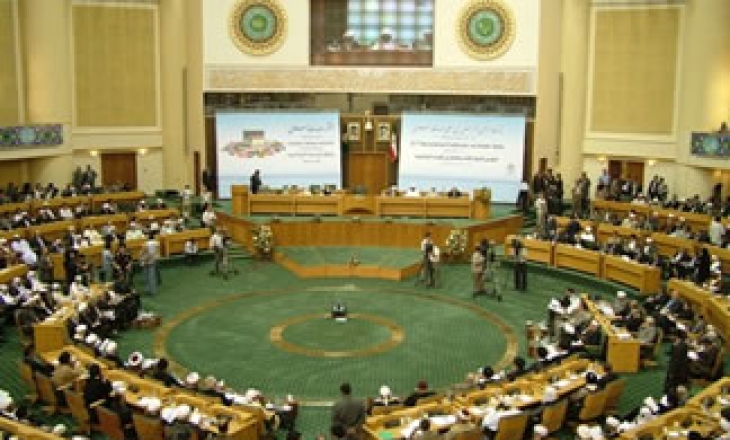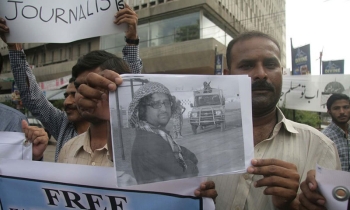Iran's culture and Islamic orientation minister Mohammad Hossein Safar-Harandi has banned BBC’s new Farsi-language TV station from operating in the country, and also forbidden Iranian journalists to work for foreign news media, Reporters sans Frontières has reported.
The decision follows the BBC World Service’s launch on January 14 of BBC Persian TV, a satellite TV station targeted at Farsi-speakers in Iran, Afghanistan and Tajikistan. A year ago, the BBC launched BBC Arabic TV, which broadcasts by satellite to the Middle East.
BBC Persian TV representatives reported at the time of the launch that the Iranian authorities had refused to let them open any permanent bureaux in Iran. But the BBC World Service still has a Tehran bureau with a full-time correspondent. The BBC’s Farsi-language radio service has many listeners in Iran.
In an interview for Iranian news agency ILNA, the culture and Islamic orientation minister said: “The BBC English channel will be confronted if it abuses its legal rights by producing reports for BBC Persian and we are continually on watch for that.”
“President Mahmoud Ahmadinejad’s government has entered a new phase in its repression of human rights activists and journalists,” RSF said. “The foreign media are clearly seen as unwanted observers, and the government’s exaggerated suspicions and security obsessions have now driven it to ban any contact with journalists. This decision aims to intimidate journalists and violates the free flow of information.”
Although the Iranian constitution does not allow any radio or TV station to operate outside of state control, there is no law banning journalists from talking to foreign news media and their correspondents. Iranian authorities, according to RSF, do everything possible to block the foreign radio and TV stations that produce Farsi-language programmes, calling them a “cultural invasion.” Last year, the correspondents of many foreign news media failed to get their visas extended and, as a result, had to leave the country.









